Home » Our programs » AMIR
AMIR
Mentoring and training strategies to foster migrant people inclusion at a regional and local level.
The AMIR project aims to enhance the inclusion of third-country nationals (TCNs) within EU Member States by developing and testing local inclusion strategies. This initiative supports the EU Action Plan for Integration and Inclusion (2021-2027) by focusing on housing, employment, and financial literacy, providing various training programs, and conducting peer mentoring activities.
The project involves diverse stakeholders, including civil society organizations and local authorities, to foster a multi-stakeholder approach to inclusion.
By creating and disseminating best practices and evidence-based methodologies, AMIR seeks to improve inclusion outcomes and support TCNs in achieving full social and economic inclusion across the EU.
Context
The AMIR project is driven by the necessity to enhance the inclusion of third-country nationals (TCNs) within the EU, acknowledging that inclusion is a multifaceted societal process involving migrants, host communities, public authorities, social partners, civil society organizations, and the private sector.
Eurotstat Observations indicate that TCNs face significant challenges in accessing education, employment, and basic services, which inhibits their full social and economic inclusion. Successful inclusion requires local-level initiatives and multi-stakeholder partnerships, as cities play a crucial role in fostering inclusive communities and addressing public perceptions of TCNs. Despite various countries providing access to employment services, barriers persist, such as a lack of information among TCNs about available services. Mentoring has emerged as a crucial tool to ease labor market inclusion by connecting TCNs with institutions and businesses. Migrant entrepreneurs also contribute to economic growth but face challenges such as limited networks and financial literacy. Access to financial services and affordable housing remains critical for successful inclusion, yet many TCNs struggle due to discrimination and rising housing costs.
Given these needs, AMIR aims to empower both migrants and host communities, improve access to employment, housing, and financial literacy, and enhance the capacity of local authorities and service providers through a multi-stakeholder approach.
This project will involve designing and testing local inclusion strategies, training programs, and peer mentoring activities, ultimately promoting evidence-based methodologies and best practices for widespread adoption across the EU.
Specific objectives:
Facilitate discussions among stakeholders to design and disseminate effective inclusion practices through transnational cooperation.
Implement and evaluate a local inclusion strategy to enhance migrant inclusion.
Develop and test a Peer Mentoring Programme for young TCNs.
Create a Training Package for local authorities and service providers in housing, labor market, and financial inclusion, improving their capacity to support long-term TCN inclusion.
Implement an awareness-raising campaign in partnership with public and private entities to highlight the benefits of TCN inclusion and the positive impacts of immigration.
Develop EU recommendations to address unmet needs of TCNs, service providers, and public authorities.
Main activities
- 8 working groups: Each involving multiple actors such as organizations, local/regional authorities, policymakers, economic sector experts, and migrant organizations.
- Conduct 24 focus groups: To gather ideas and improve practices for the inclusion of migrants.
- Collect 40 good practices: Focusing on labor inclusion, housing, and financial literacy, and prepare a report on successful inclusion strategies.
- Peer Mentoring Program: Design and test a Peer Mentoring Program for young migrants.
- Train 30 mentors: To provide support to young migrants.
- Develop a Training Program: Addressed to local authorities and service providers in housing, labor market, and inclusion.
- Engage 30 young people: Involve 30 young migrants in labor inclusion, housing, and financial literacy programs.
- Conduct 64 training workshops: On labor and housing rights, as well as on financial education.
- Conduct 64 training sessions: With at least 25 local authorities, policymakers, and service providers.
- 24 events: Organize 24 public awareness events.
- Awareness campaign: Produce 5 videos and run a campaign to highlight the benefits of migrant inclusion and educate about the positive impacts of migration.
Expected impact
Local Authorities, Policymakers, and Service Providers gain new knowledge and become more actively involved in TCN inclusion, recognizing its benefits for their communities.
Increased confidence in accessing services, improving the overall inclusion experience among TCNs.
Enhanced awareness about the benefits of TCN inclusion among the general public
Better detection and response to inclusion challenges in Civil Society Organizations (CSOs) and Authorities.
Sustained and improved inclusion of TCNs across all involved European countries.
Reach 50,000 people through events, newsletters, social media, and other campaign channels.
Coordination
AMIR is coordinated by Comunita Papa Giovanni XXIII (Italy) and involves the partner organizations ABD (Spain), Subjective Values Foundation (Hungary), EureCons (Germany), Codeca (Cyprus), Forum Réfugiés (France), Föreningen Maracana (Sweden), KMOP (Greece), and ANCI Emilia Romagna (Italy).
It is funded by the European Union through the call AMIF-2023-TF2-AG-CALL.
This project involves the design of local inclusion strategies, training programs, and peer mentoring activities, ultimately promoting evidence-based methodologies and best practices for their widespread adoption across the EU.
AMIR
Mentoring and training strategies for the inclusion of migrants at regional and local level.






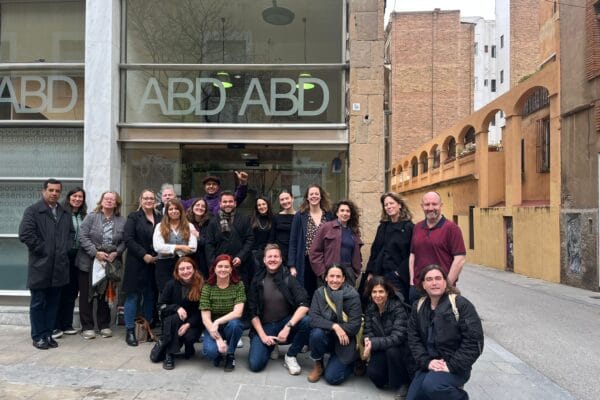
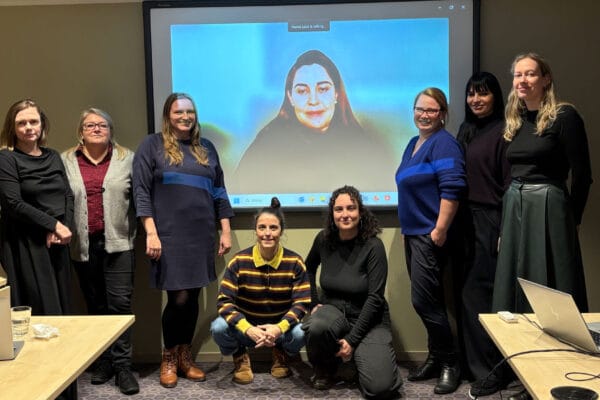
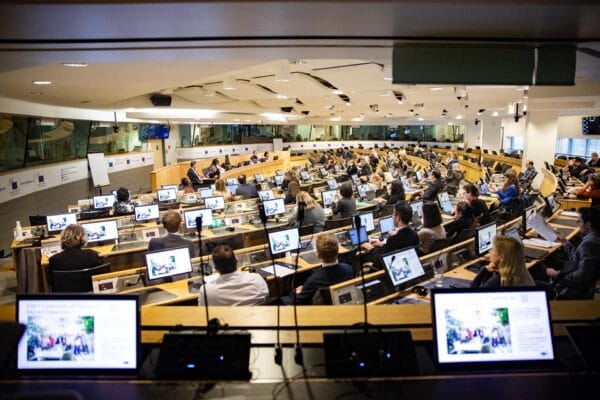
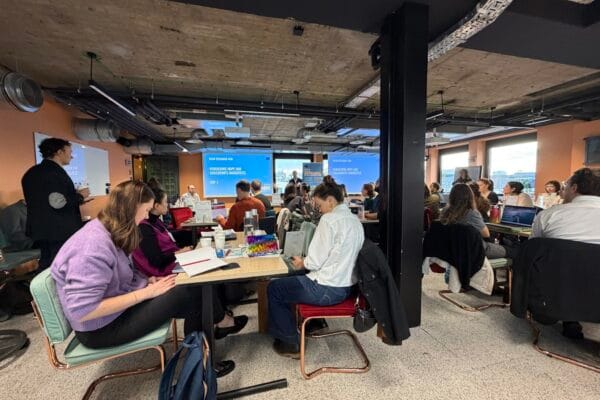
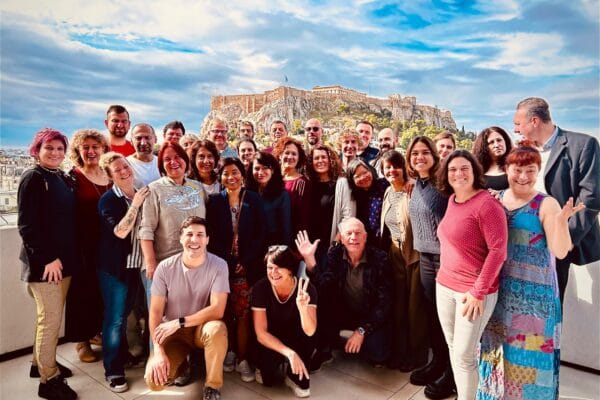
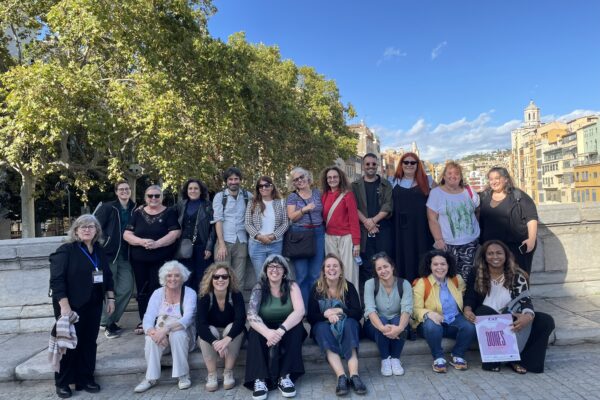
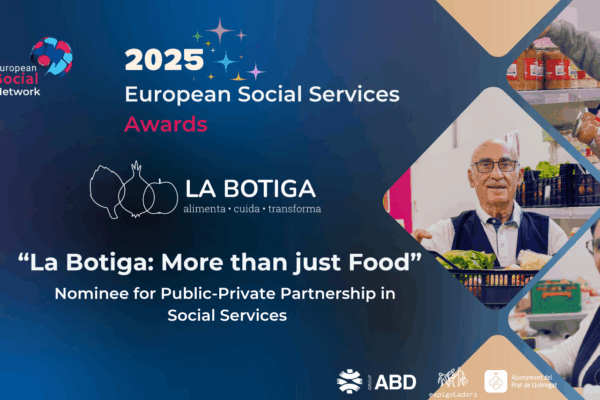
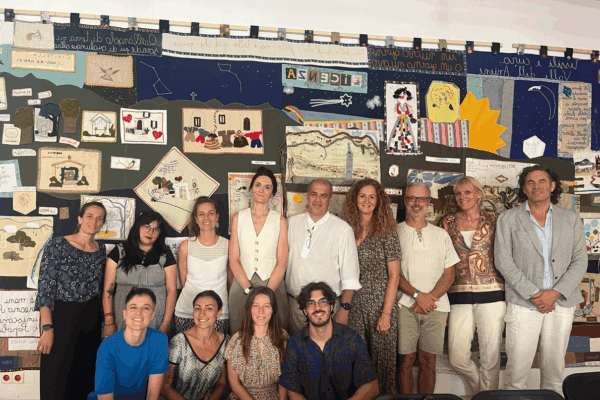
YouTube
ABD presentation. Why do we do what we do?
Instagram
📢 Come to the Europe Day of the LILA project